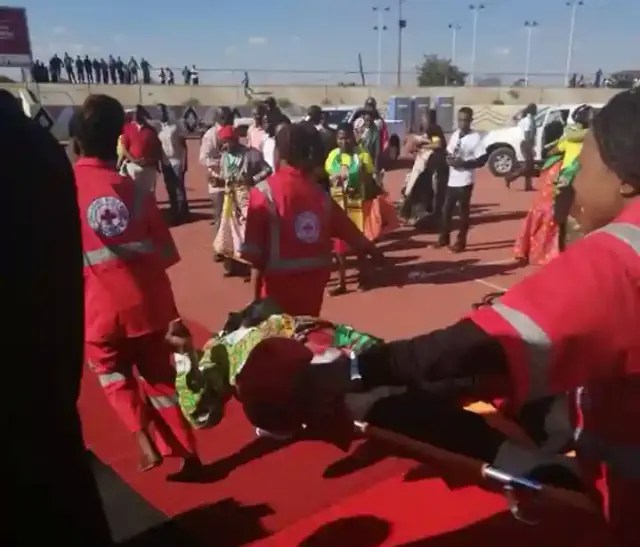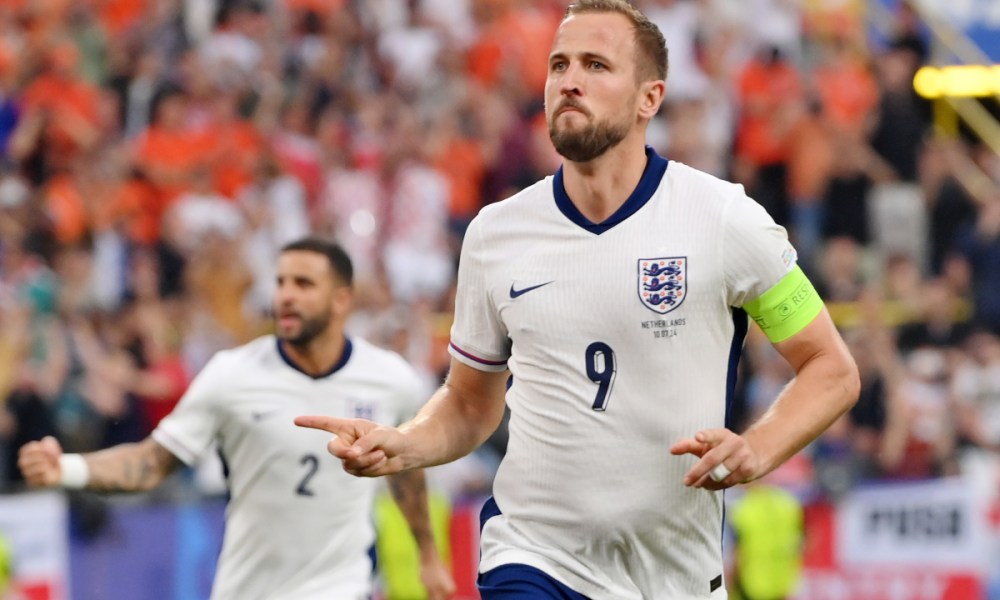Chiwenga Linked To White City Bomb Attack
By Political Reporter- The investigation into the June 23, 2018, grenade attack at Zanu PF White City Stadium, Bulawayo, rally has reignited speculation about deep-seated tensions between President Emmerson Mnangagwa and his deputy, Vice President Constantino Chiwenga.
The attack, which targeted Mnangagwa and other high-ranking officials, resulted in two fatalities and injuries to several key figures, including Vice President Kembo Mohadi and Defence Minister Oppah Muchinguri.
Emerging evidence has led investigators to suspect military involvement in the assassination attempt.
This development has intensified scrutiny of Chiwenga, who had recently transitioned from his role as Commander of the Zimbabwe Defence Forces to the vice presidency.
Although there is no definitive evidence linking Chiwenga to the attack, the implications are significant given the long-standing power struggles within Zanu PF.
Police investigations initially suggested that the grenade used in the attack originated from Zimbabwe’s military.
Sources revealed that the device was an offensive fragmentation grenade of Soviet origin, a type currently in use by the Zimbabwean military.
Early speculations suggested that the grenade might have come from the Zimbabwe Republic Police (ZRP) arsenal, but this was dismissed after it was confirmed that the ZRP disposed of its grenade stock in the 1980s.
The blast occurred just meters from Mnangagwa as he was leaving the rally, killing two aides of Chiwenga and Mohadi. Mohadi sustained leg injuries and was later treated in South Africa alongside Muchinguri and several other injured officials. The attack heightened tensions within the ruling party, with suspicions falling on both internal factions and external actors.
Mnangagwa, speaking to the BBC on June 27, hinted at a possible connection to loyalists of former President Robert Mugabe and his wife, Grace, who were ousted during the 2017 coup that elevated him to power. “My hunch, without evidence, is that the G40 cabal is responsible,” Mnangagwa said, referencing the faction aligned with the Mugabes. He vowed arrests were imminent, but no substantive progress has been reported.
In November 2024, the government reopened investigations, enlisting the assistance of Chinese forensic experts.
The team, accompanied by detectives from the Criminal Investigations Department, revisited the crime scene on November 27.
However, their efforts were briefly hindered when City of Bulawayo security guards denied them access due to a lack of clearance.
The team eventually forced their way in, spending hours gathering evidence, interviewing witnesses, and taking detailed notes.
Despite these efforts, National Police Spokesman Commissioner Paul Nyathi denied knowledge of Chinese investigators’ involvement, raising questions about the transparency and coordination of the investigation.
The grenade attack occurred at a time of heightened tensions within Zanu PF, marked by rivalries between Mnangagwa’s allies and Chiwenga’s military backers.
Following the 2017 coup, Chiwenga’s instrumental role in securing Mnangagwa’s presidency placed him in a powerful position.
However, their relationship has since been marred by mutual distrust and competition for influence.
In August 2018, addressing Zanu PF parliamentary candidates, Mnangagwa hinted at knowing the perpetrators. “We now have the knowledge on who did it. We want the current electoral processes to pass, then we will deal with that matter,” he said.
Yet, six years later, no arrests or conclusive findings have been announced, fueling speculation about the unresolved rift between Mnangagwa and Chiwenga.
Related
#Chiwenga #Linked #White #City #Bomb #Attack #ZimEye



